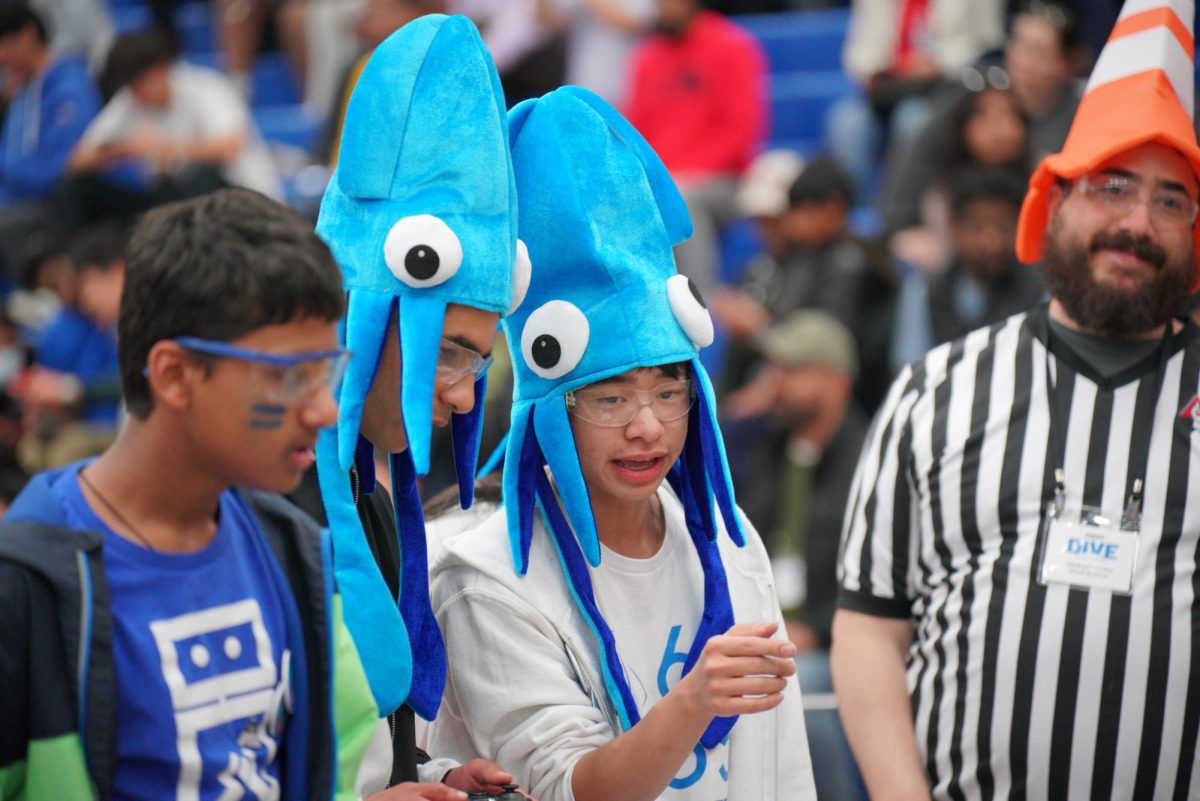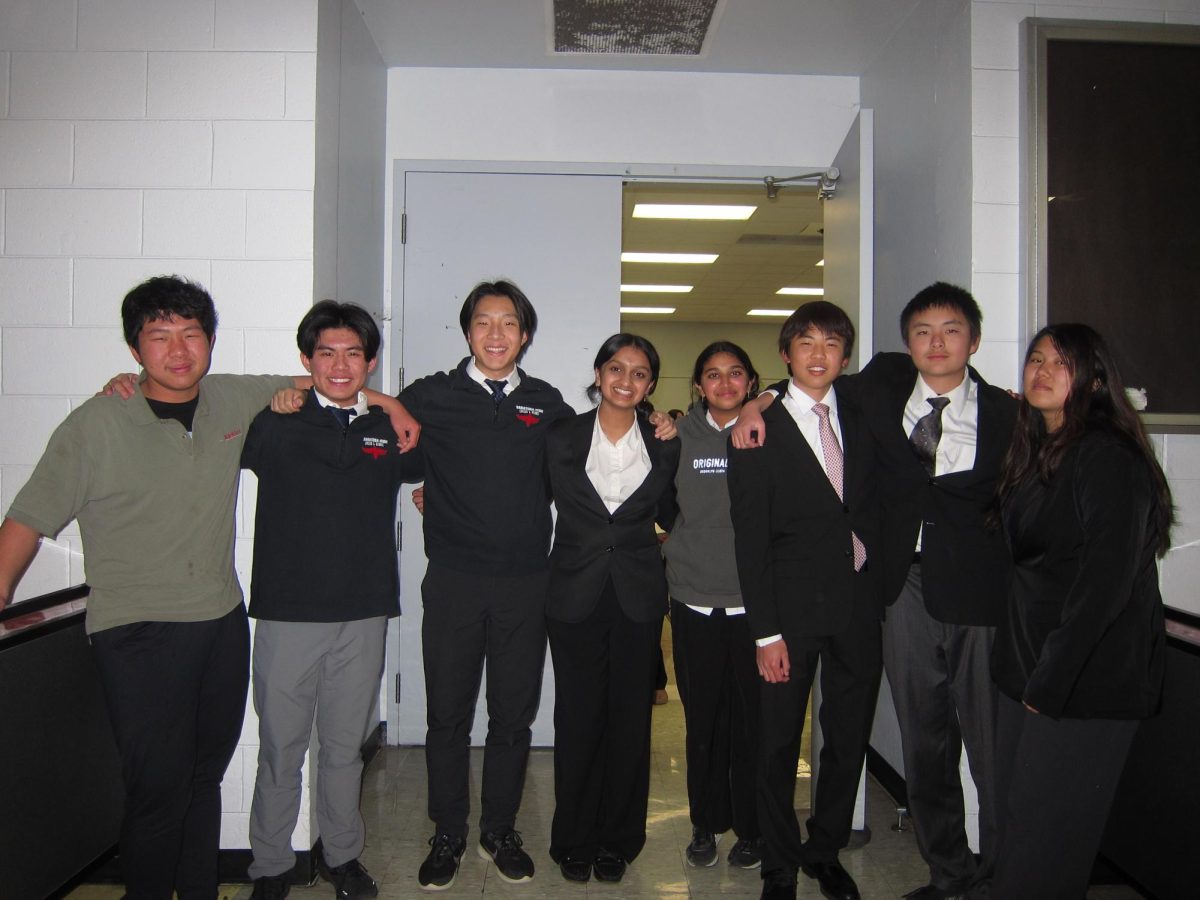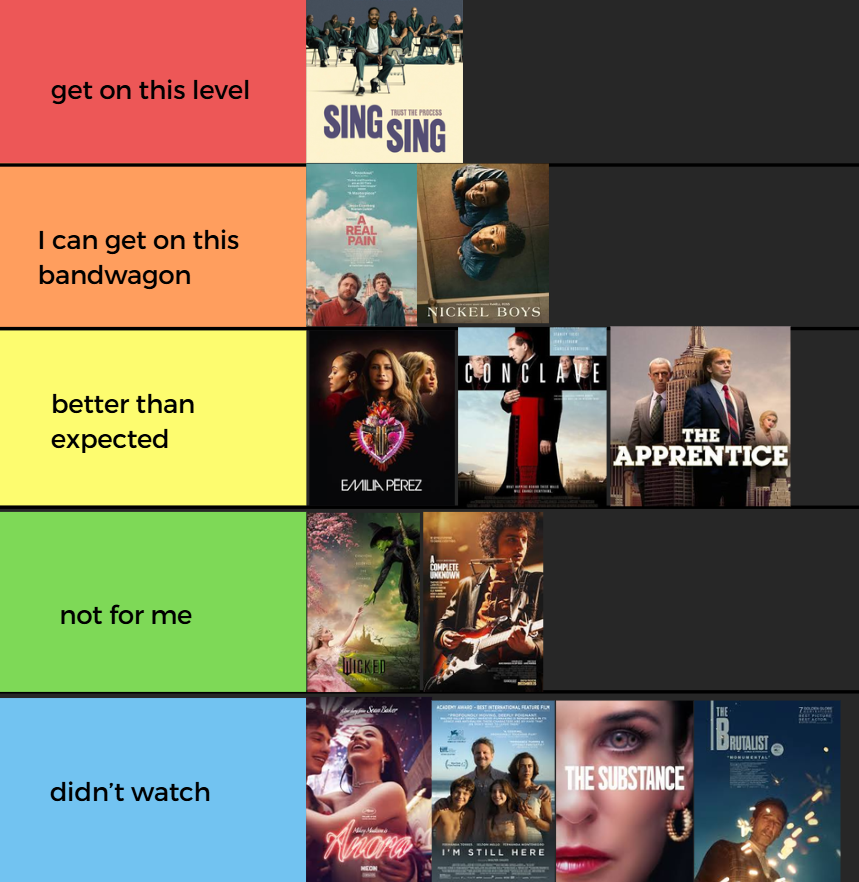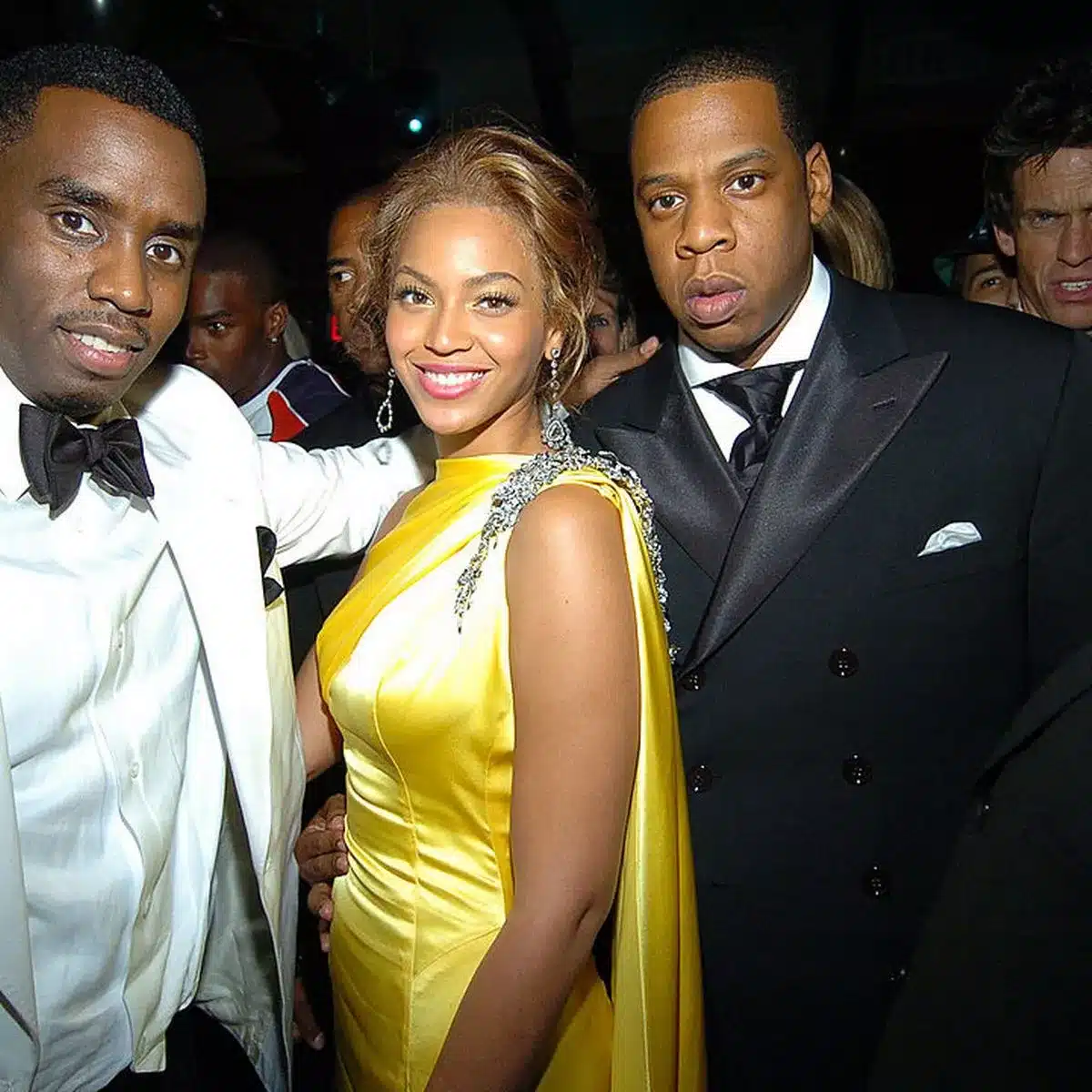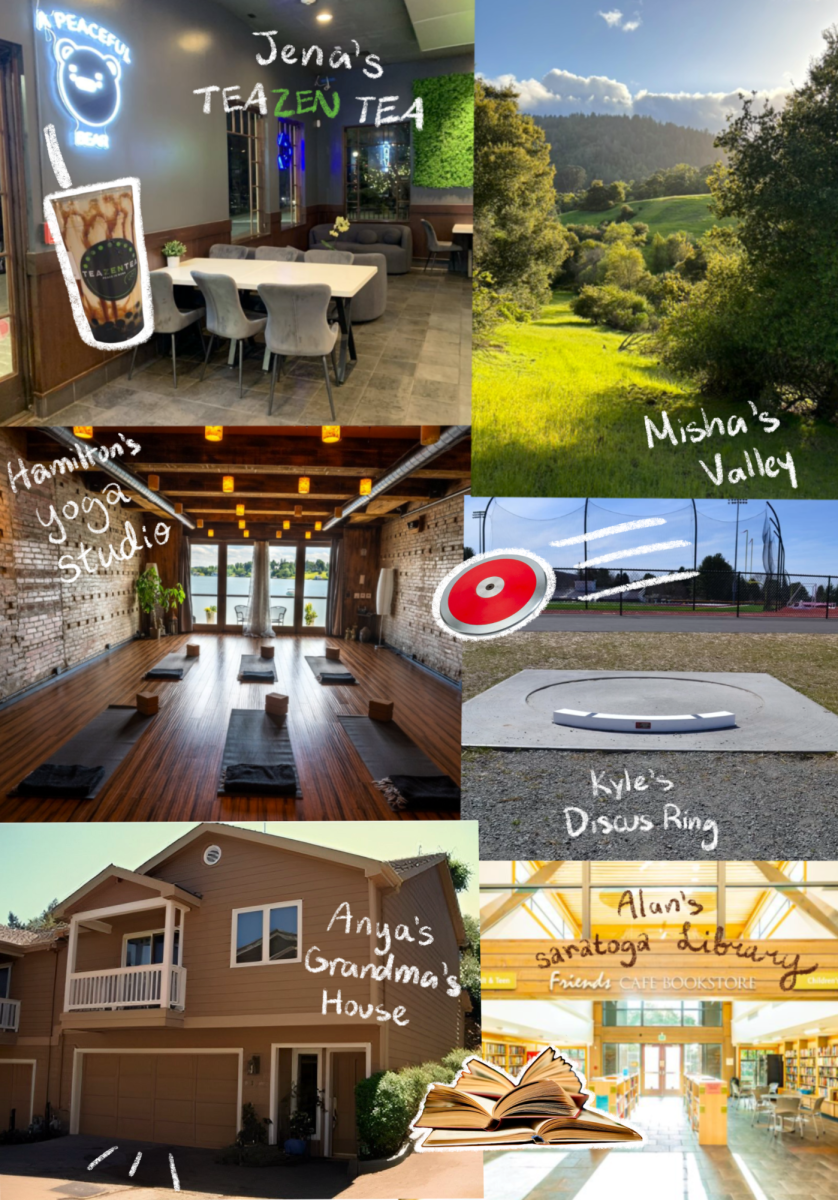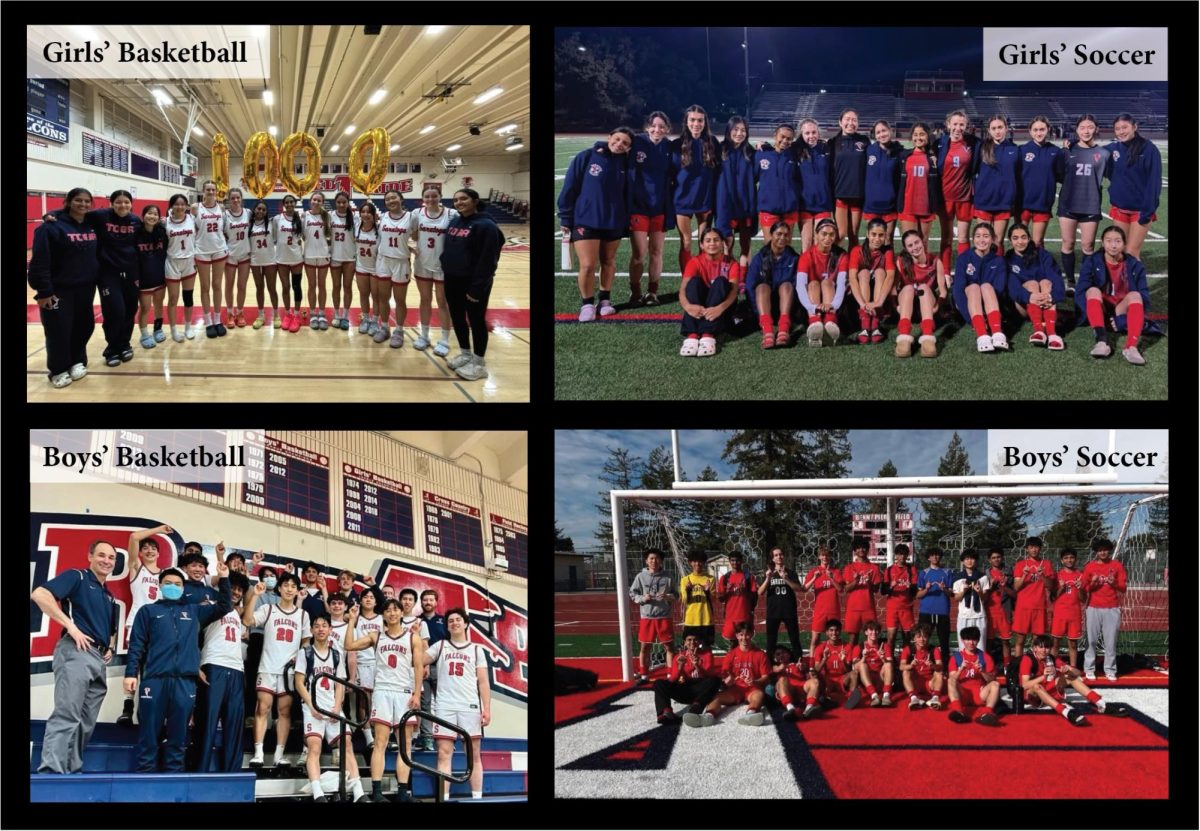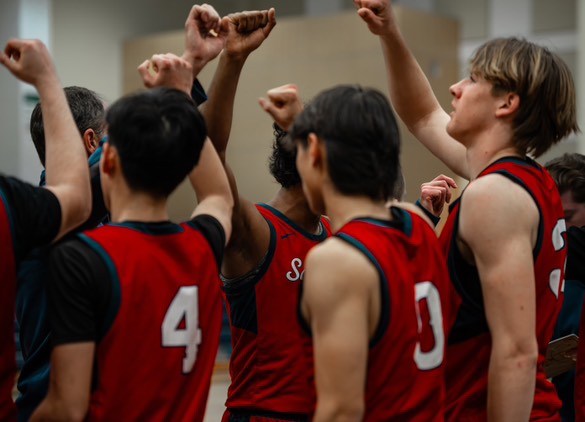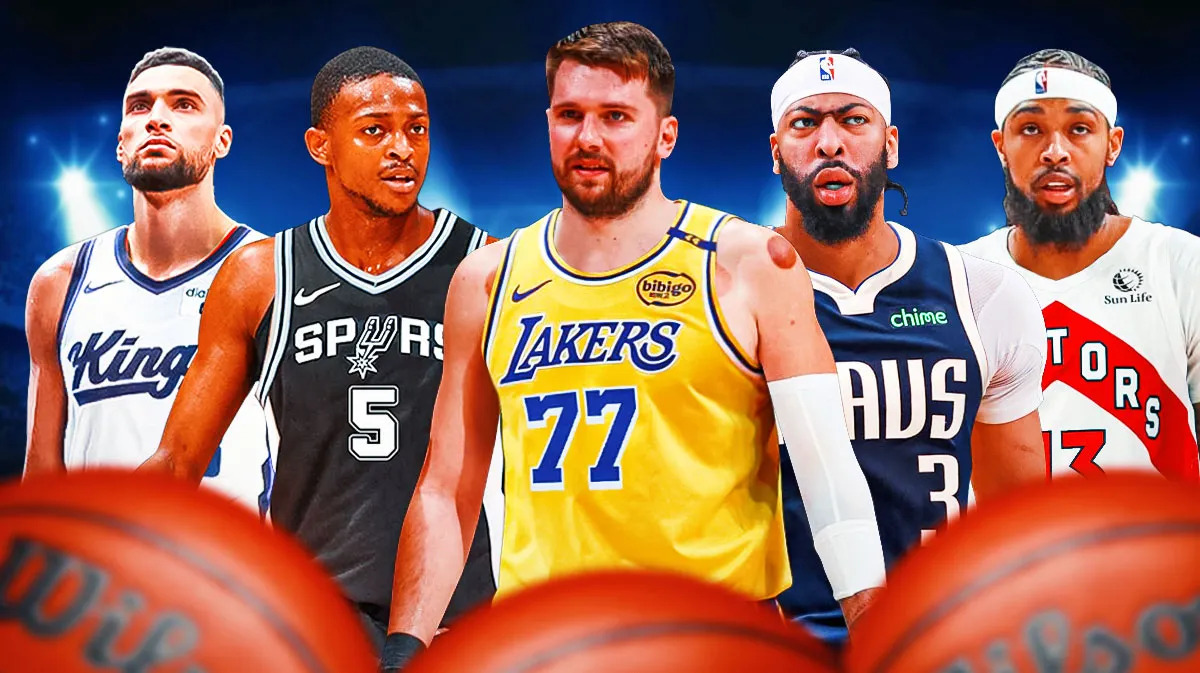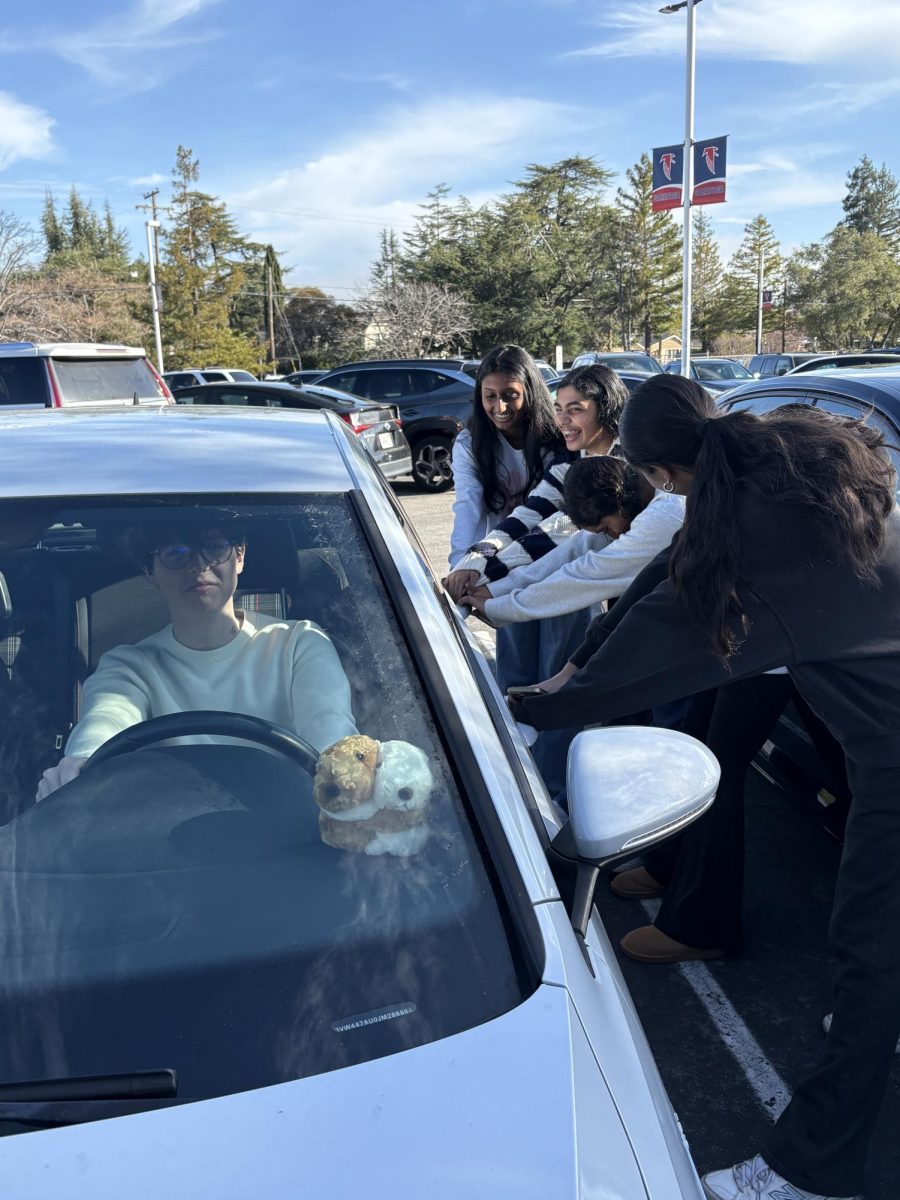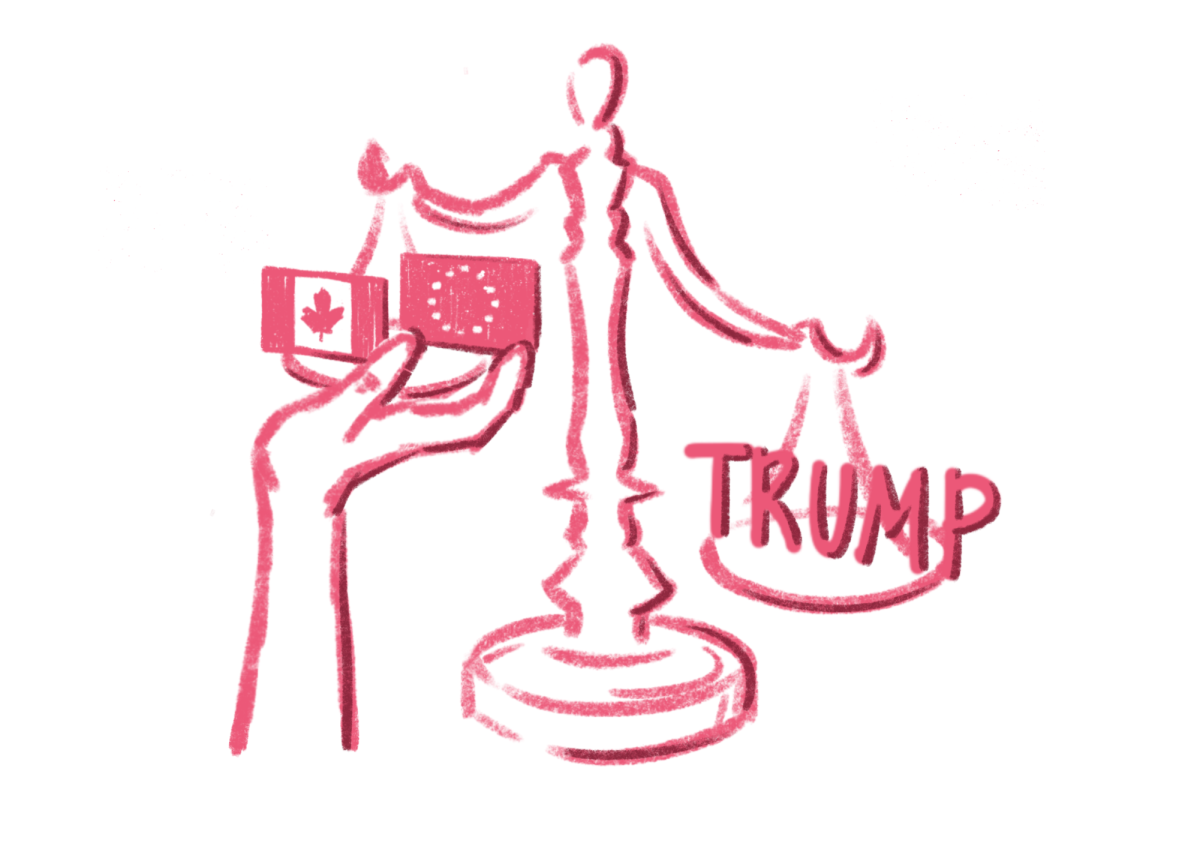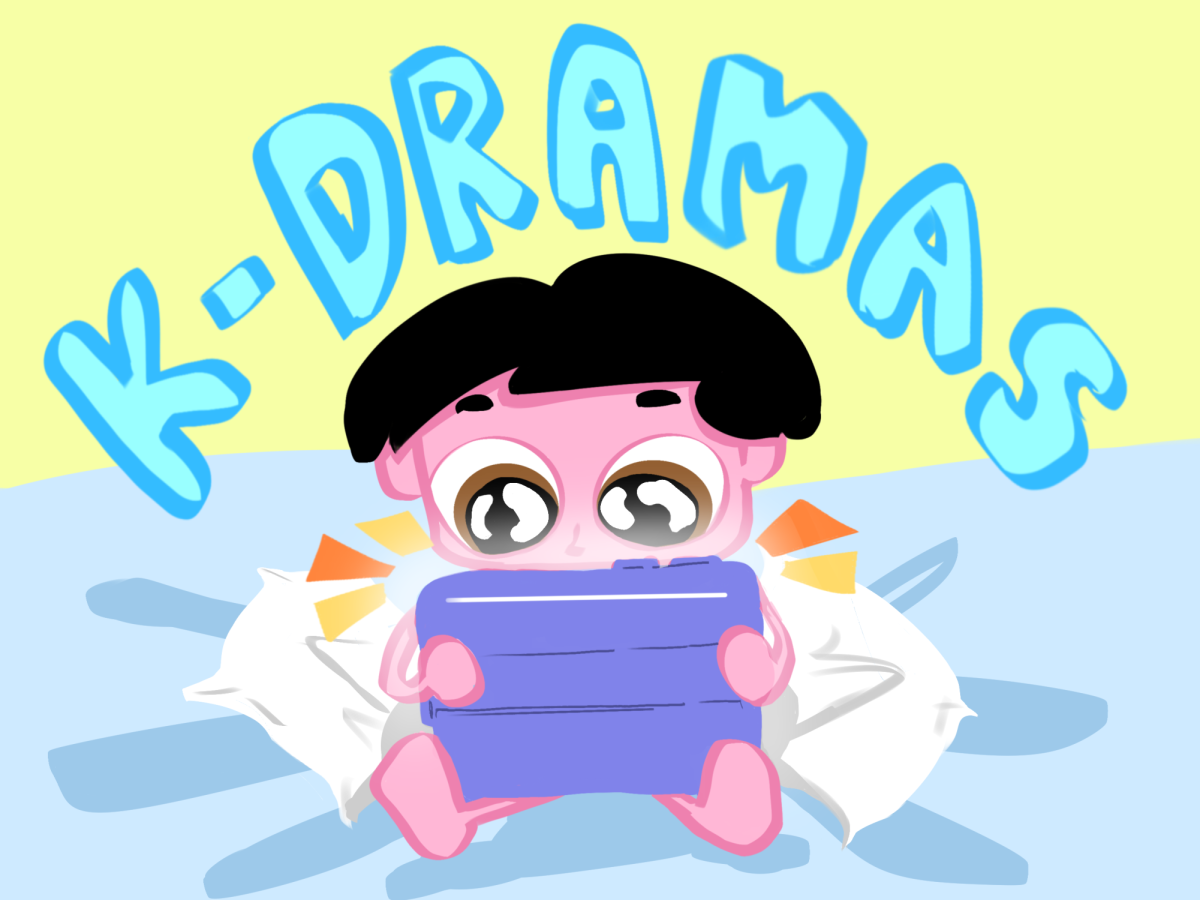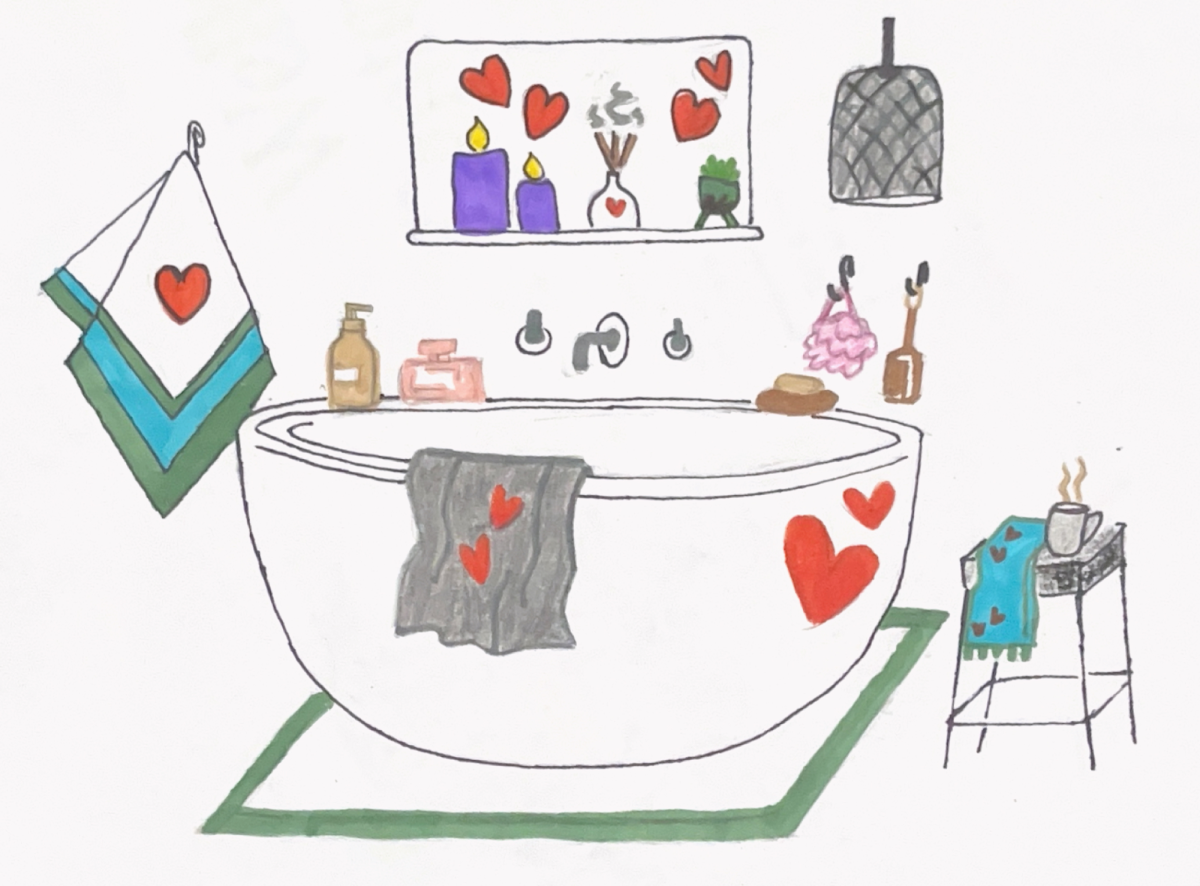A roar of applause greeted senior Sohini Kar as she concluded her presentation on her project “Factorization of Recurrence Relations.”
In 2017, Kar became a regional finalist in the renowned Siemens competition, one of the nation’s top competitions in math, science and technology for high school students. Her project was in the field of number theory, specifically the factorization of delayed powers of the Generalized Fibonacci sequence, and was presented to a panel of judges at the California Institute of Technology.
However, this is only one of the incoming MIT freshman’s many achievements.
Alongside mentors and peers from summer programs, Kar conducted research in a variety of fields, including physics, environmental sciences, computer science and, most of all, mathematics. She has been drawn to math since her time in middle school, when she enrolled in an extracurricular program for gifted students.
She taught herself number and graph theory and famous mathematical patterns, such as the Fibonacci sequence. In high school, Kar participated in after school math tutoring programs that equipped her with the theoretical tools she needed to pursue her research.
Her most recent project, on which she collaborated with peers from the Research Mentorship Program at UCSB, focused on an aspect of machine learning research known as computer vision, a field regarding how computers can be designed to obtain high-level understanding from digital images or videos.
“Computer vision is the perfect blend of the beauty of mathematics, the elegance of data science and the functionality of computer science,” Kar said.
Kar was first attracted to this particular field because she was astounded by the potential of computers.
“I was amazed by how they could learn information just as we do,” Kar said. “As a fast-growing field, there are fascinating discoveries in machine learning seemingly every month, making it very fun to work in the field.”
However, her work was not always easy. On several occasions, Kar had to revise her techniques and methods halfway through her projects due to their increasing complexities. This often led to “really frustrating” periods of time where Kar would have hiatuses in her progress while deadlines crept upon her.
Still, the senior managed to overcome these issues by taking breaks from her work and approaching her problems from different perspectives.
“At first, I would want to keep working until I could find a solution, but after a while, I realized taking a break and analyzing my research from different avenues was far more effective,” Kar said. “In the future, I want to continue this type of work, and I know that the problems that arise then will be far more complex, so learning to take a break and be open-minded enough to view an issue from different perspectives is really valuable for me.”
Kar also developed her collaboration skills through working with her lab groups, partners and mentors. Sometimes Kar and her peers would argue about ideas, so those disagreements allowed her to learn how to be more patient and communicate more effectively.
More importantly, she made several friends through her experiences, people whom she never would have otherwise met. At the California Science State fair, Kar enjoyed discussing research with several other participants and is still in contact with them.
Overall, Kar believes her work and the skills she gained from it will serve her well in the future and looks forward to continuing her research.
“All the fields I study are integral parts of our lives, and they’re still growing,” Kar said. “I look forward to being able to continue my research and ultimately make a difference in our world.”

